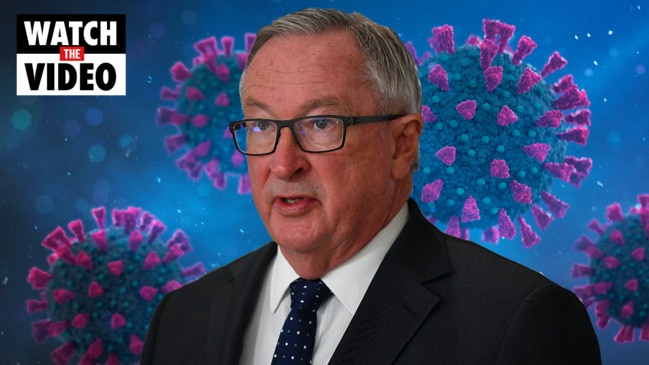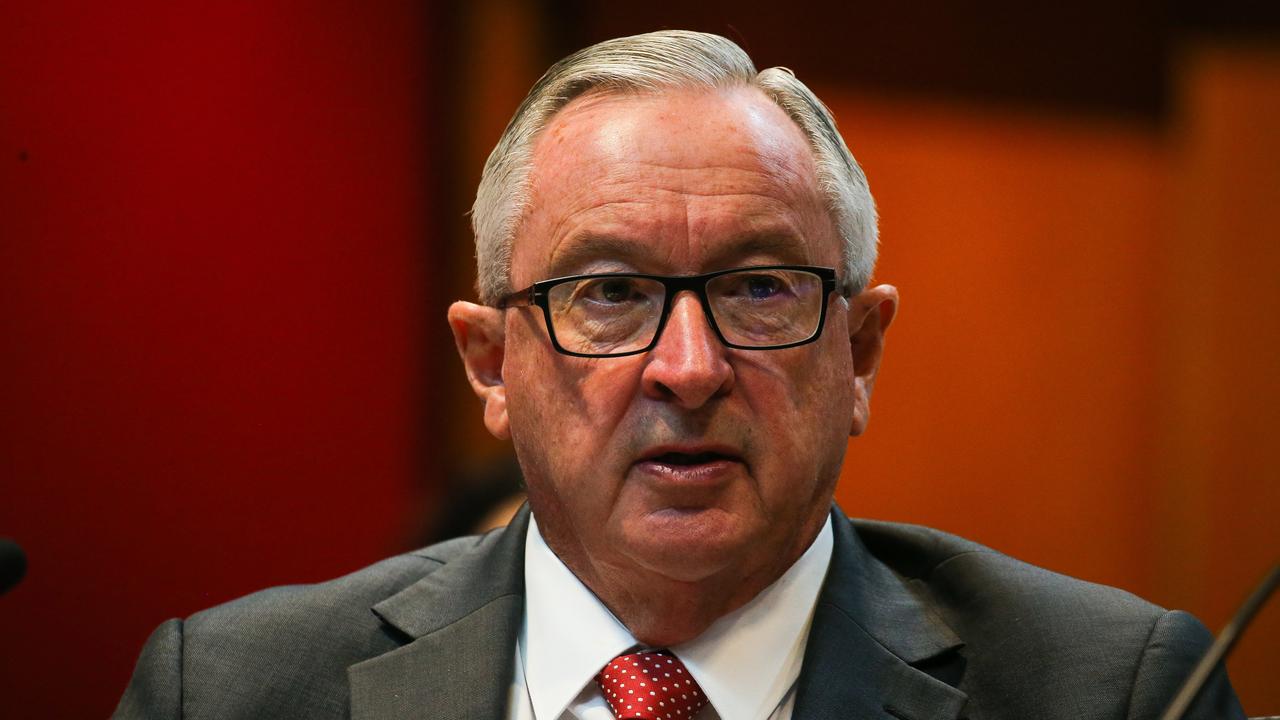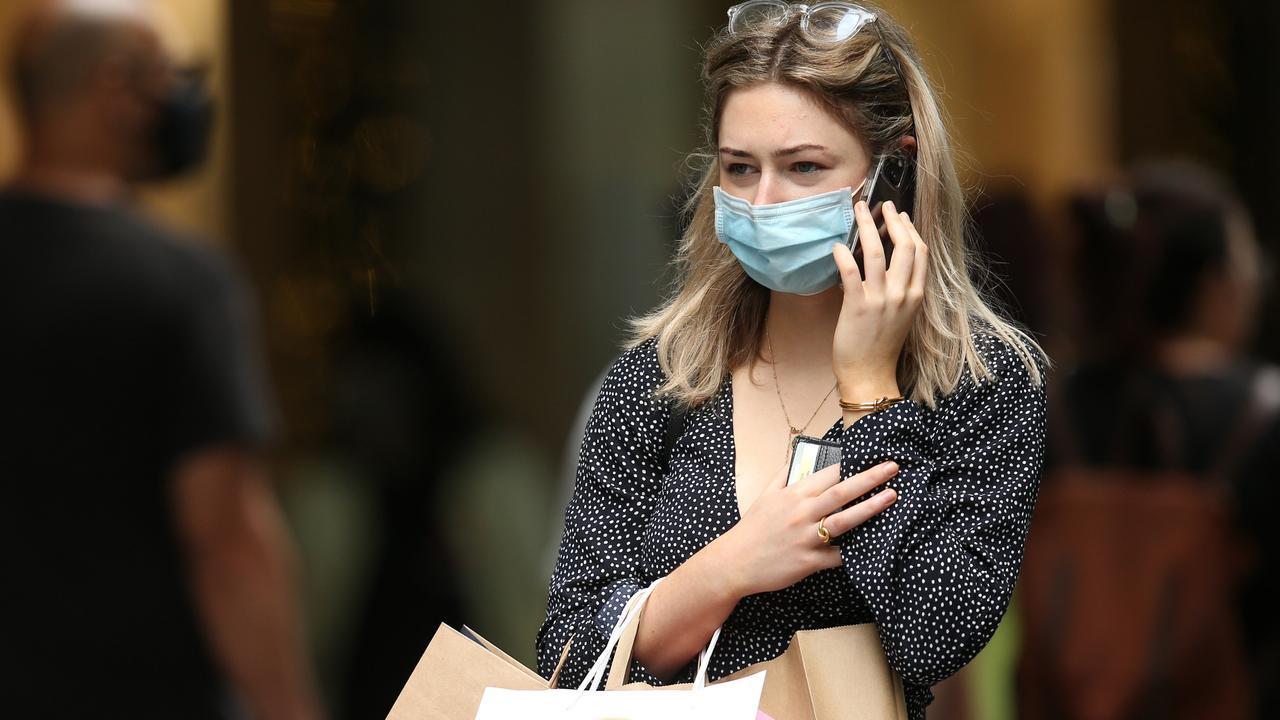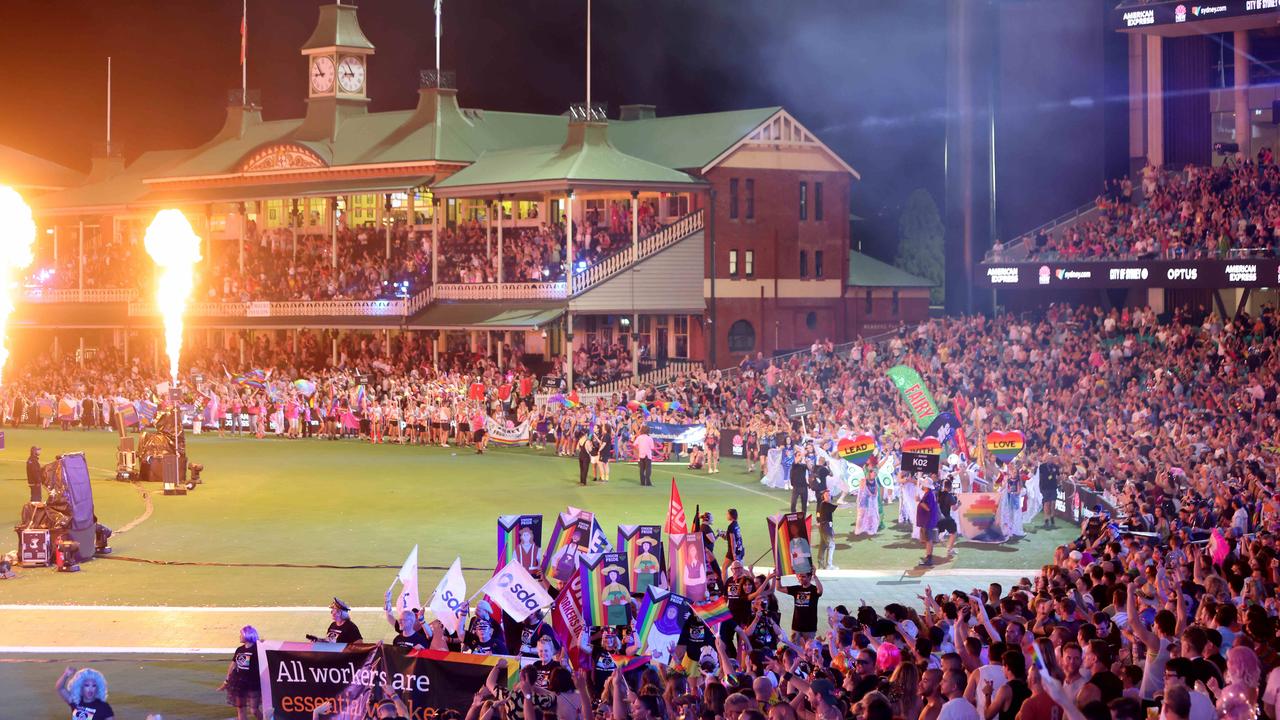NSW records Covid-19 spike as cases set to double within weeks
Experts have revealed what is behind NSW’s recent spike in Covid-19 cases, with warnings a new variant could see infections double within weeks.

Over the past three days, NSW has recorded more new Covid-19 cases than the state has seen in six weeks.
On Thursday, NSW recorded 16,288 new Covid-19 cases, made up of 9482 Rapid Antigen Tests and 6806 PCR tests.
This is a big jump from the 13,179 infections on Wednesday and is the highest number of daily cases the state has seen since January 27.
Tuesday saw an even bigger jump in infections, with 13,018 cases, an increase of 4001 cases from Monday.
Despite the rising case numbers, the number of hospitalisations has continued to drop in recent days.
There are currently 991 Covid patients in hospital and 39 in ICU, down from 1070 hospitalisations and 43 ICU patients on Tuesday.
A further four deaths were recorded on Thursday.
COVID-19 update – Thursday 10 March 2022
— NSW Health (@NSWHealth) March 9, 2022
In the 24-hour reporting period to 4pm yesterday:
- 95.9% of people aged 16+ have had one dose of a COVID-19 vaccine
- 94.4% of people aged 16+ have had two doses of a COVID-19 vaccine pic.twitter.com/mKJw41fQMX
Epidemiologist and senior lecturer at UNSW, Dr Abrar Ahmad Chughtai, said this spike in cases was expected and it is likely infections will keep rising.
He said the rise in infections was likely due to a number of key restrictions being eased last month.
“Mask use, QR codes were discontinued so a rise in cases was quite expected,” Dr Chughtai told news.com.au.
“Covid is still here. We are still going through a pandemic.”
He also suggested the recent spike could be due in part to major events such as the recent floods pulling focus away from the pandemic.
“Partly it could be due to some loss of focus due to other emergencies such as the floods and other issues,” he said.
“That could be one reason but I think the main reason is lifting all restrictions so quickly.”
But the rise in cases shouldn’t be cause for panic, Dr Chughtai said, adding that infections will likely spike again in winter.
Health Minister Brad Hazzard told a budget estimates hearing on Thursday that preliminary data from UNSW modelling showed new Covid-19 cases could double within a few weeks.
This predicted spike will likely be underpinned by the new BA. 2 Omicron subvariant.

NSW Deputy Chief Health Officer Dr Marianne Gale said early projects show case numbers will likely surge through March, April and into May.
“We don’t know exactly how high the peak may be, how long it may last, exactly when it will come, but it is likely we will see an increase in case numbers over the next weeks and months,” she said.
University of Sydney Epidemiologist, Professor Alexandra Martiniuk, said NSW Reff number is now at 1.05, compared to a few weeks ago when it was below 1.0.
This represents an “increasing wave of infections”.
“PCR test positivity has also risen recently. PCR test positivity is now around 12 per cent but was around 9 per cent in the weeks prior,” Professor Martiniuk told news.com.au.
“As test positivity rises this tells us we need to be doing more testing, to better know who is infected with Covid-19 so these people can isolate to prevent further spread of Covid-19 to others.”
Children aged 12-17 are representing an increasing number of Covid cases, with those under 12 still making up about a quarter of all infections in NSW.
Eased restrictions behind Covid spike
Almost all of NSW’s Covid-19 restrictions have been scrapped, including mask wearing in public indoor settings and QR code check ins.
QR code check-in requirements – which have been a constant requirement since the early days of the pandemic – were dropped for all retail and hospitality venues, except for nightclubs. large music festivals and strip clubs.
Density limits were also dumped at the end of February, along with the state’s work-from-home direction.
The ban on singing and dancing also lifted, along with the 20,000 person cap on music festivals.
Hotel quarantine isolation requirements for unvaccinated travellers were shortened to seven days February 21.
Face masks are not longer required in public indoor settings, with masks now only necessary in a handful of situations.

Masks must still be worn on public transport, in public transport waiting areas, planes, indoors at airports, public hospitals, private health facilities, residential aged care facilities and indoor music festivals with more than 1000 people.
Mardi Gras was celebrated in Sydney on the weekend, one of the first major events in the city since the latest round of eased restrictions.
Dr Chughtai said any large event can be a contributing factor to increasing Covid cases.
“We have to lift all restrictions at some point in time but most experts recommend that we should do it gradually. For example, if there are large gatherings we can still recommend mask use because now there is enough evidence in support of mask use,” he said.
“But any event can contribute to higher case numbers, even in shopping malls. You can see people walking around now and very few of them have masks on.
“You can’t stop it. Omicron is highly transmissible.”
However, Professor Martiniuk believes the spread is more likely being driven through high risk venues, such as pubs, clubs and gyms.
“What does this tell us? Anyone eligible should seek to receive their 3rd vaccine dose as soon as possible. Anyone unvaccinated over the age of 5 should seek to be vaccinated,” she said.
“We need to continue to protect, in particular, our most vulnerable in the community to Covid-19 including those over 60 years, and those with underlying health conditions.”

Dr Chughtai said easing restrictions is necessary, particularly ones that were putting pressure on businesses and people’s mental health, but some measures still needed to be kept in place.
He believes it was too early to scrap mask use in indoor public settings.
Dr Chughtai also said it is necessary for NSW Health to continue releasing the daily Covid-19 statistics, even though many people now feel it has been “information overload”.
The high case numbers still pose a risk to the community, particularly in relation to new strains emerging.
“Previous experience shows when there is a high transmission, the chances of the emergence of new variants is high. So this is still a risk,” Dr Chughtai said.
The new BA. 2 variant is already causing concern among the wider infectious disease community.
Eric Feigl-Ding, a Harvard-trained epidemiologist who was among the first researchers to sound the alarm about the seriousness of Covid-19, said the subvariant is “seriously bad news”.“
“Even the World Health Organisation is getting very concerned about BA. 2 variant out-competing and displacing old Omicron,” he wrote on social media.
Mobility data shows people returning to the city
An influx of people returning to offices and children return to school has seen Sydney becoming increasingly busy.
Mobility trend data from Apple Maps shows the number of people on the road in Sydney has increased by 30 per cent since January 13, with public transport use increasing by 10 per cent.
Students returned to classrooms across NSW at the end of January, with children and teachers no longer required to wear face masks.
The rule requiring school groups to be separated on campus was also scrapped, allowing cross-age group activities to resume.
Twice-weekly rapid antigen testing for students is also no longer mandatory.
Last month, NSW Premier Dominic Perrottet said the plummeting number of Covid-19 cases in hospital meant the changes could go ahead safely.
“There are very pleasing signs now in hospitals at the moment right across our state. And so as a result we are lifting a range of restrictions,” he said.
“From time to time, we will see cases increase … This is the new reality.”
NSW chief health officer Dr Kerry Chant said people should “change their horizon of thought” about what the pandemic’s next phase will look like.
“Omicron may be the dominant strain but we will need to plan and prepare for the emergence of new variants,” she said.
“Even in the case of no new variants emerging, we can expect further waves.”




